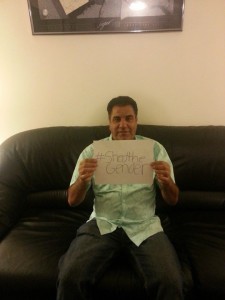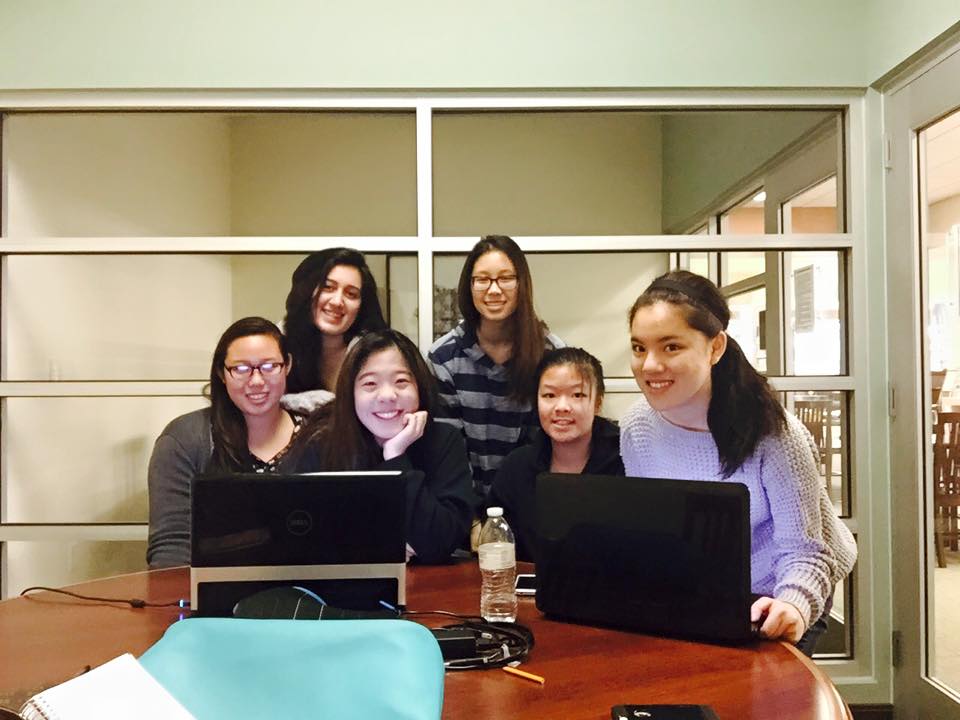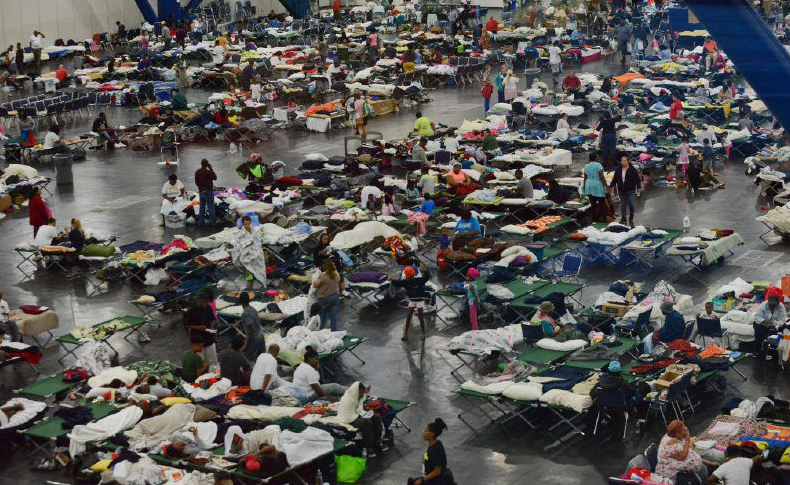by Jasmine Han, Youth Volunteer, San Gabriel Pomona Valley
Since December, our team, consisting of high school students within the San Gabriel Pomona Valley Chapter took on the challenge of educating others about International Humanitarian Law (IHL). We went through multiple drafts and meetings before we spearheaded our campaign called Shed the Gender.
Our main objective was to address International Humanitarian Law, a set of rules which seeks, for humanitarian reasons, to limit the effects of armed conflict and protect people who are not or are no longer participating in the hostilities and restrict the means and methods of warfare. More specifically, we were on a mission to teach others about International Humanitarian Law and how gender stereotypes affect individuals and their families during times of war, since we noticed that many people had a lack of understanding of the issue.

In times of acute social and political tensions, exploring IHL may have an indirect pacifying effect. Armed conflicts are taking place in many parts of the world today, and they increasingly affect young people, which is why we targeted youth for our campaign.
We held a Family Feud inspired gameshow at Diamond Bar High School and the Arcadia Chapter to engage with students on the subject. Our rounds included questions such as “Women often remained in conflict zones because they have traditional gender based roles and responsibilities. What are some gender based roles and responsibilities?” The acceptable answers included “caregivers for younger, elderly, sick, and/or wounded; protector of property; supporter for family members.” Other questions included, “War-related, gender based violence includes rape. What are some other forms of gender-based violence,” which garnered responses like “torture/sexual mutilation, forced abortion, human trafficking, forced cohabitation/marriage.” By asking these questions, we were able to engage in deep, meaningful discussions with the participants who were also forced to think about issues that otherwise often receive little attention. In between questions, we included bonus rounds, which participants prepared a skit (on human dignity), answered riddles, and played charades.
As a supplement to our gameshow, we revealed the interview clips that we conducted. The interviews gave a personal touch, since our interviewees earnestly opened up to us and disclosed stories of their past. The most memorable interviewee we came across was a tired woman, who wrung her hands and adjusted her hijab. She said, “Each time he went, we prayed, ‘Oh God, please send him home safely,’” as she continued to reminisce about her experience as a young woman growing up during the Islamic Revolution. The room went silent, and the team fought back our tears. But we were on the mission to collect stories like hers because our Shed the Gender campaign would bring attention to IHL and spread awareness of gender stereotypes during armed conflict.

Even as a small team of six, we were able to strengthen the respect about IHL, bring awareness to the topic through the stories we shared and the conversations we helped initiate, and inspire others to “Shed the Gender.” Our passion led us closer to our goal of educating others because it is a subject that deeply connects each of us for we have friends and family members who face gender stereotypes, too, which is why we wanted to take on the challenge of spreading awareness on a topic to which most people turn a blind eye.





